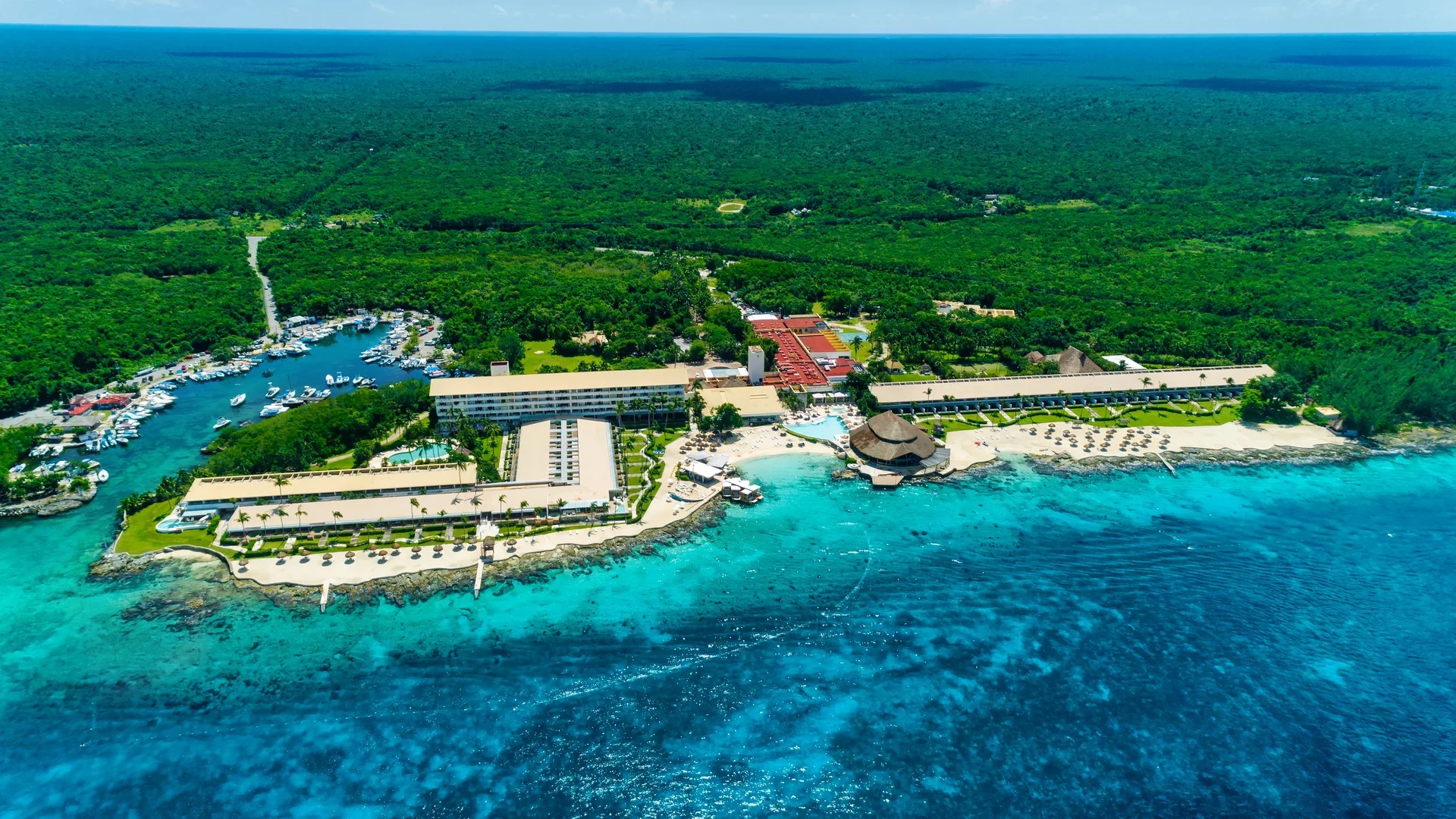The Blue Economy: Scuba Diving as a Catalyst for Global Tourism
Posted by Dive Pro: Will Taylor on on Jul 26th 2024
The confluence of economic growth, increased leisure time, and a burgeoning environmental consciousness has precipitated a global surge in scuba diving tourism. This aquatic pursuit has evolved from a niche activity to a significant contributor to the blue economy, the term used to describe the range of economic activities related to oceans, seas, and coastlines.

The allure of the underwater realm is undeniable. It offers a unique opportunity to escape the terrestrial world and immerse oneself in an ecosystem teeming with biodiversity. From the vibrant coral reefs of the Indo-Pacific to the enigmatic wrecks of the Atlantic, scuba diving destinations have become coveted travel experiences. The psychological benefits of this activity are equally compelling. Studies have shown that immersion in nature, particularly aquatic environments, can reduce stress, enhance creativity, and foster a sense of well-being.

Beyond its appeal as a leisure activity, scuba diving plays a crucial role in sustainable tourism. Many dive operators are committed to environmental protection and community development. By offering opportunities for marine conservation volunteering, educational programs, and support for local businesses, these operators contribute to the long-term health of both the ecosystem and the host community. Furthermore, the economic impact of scuba diving tourism is substantial. It generates revenue through dive equipment sales, charter boat operations, accommodation, and local services, providing employment opportunities and stimulating economic growth in coastal regions.

However, the rapid growth of scuba diving tourism also presents challenges. Overtourism, environmental degradation, and the exploitation of marine resources are pressing concerns. To mitigate these issues, a delicate balance must be struck between economic development and environmental protection. Implementing sustainable practices, such as limiting visitor numbers, enforcing marine protected areas, and promoting responsible diving behavior, are essential for preserving the underwater world for future generations.
Scuba diving has emerged as a powerful force in the global tourism economy. Its ability to combine leisure, adventure, and environmental stewardship makes it a compelling choice for travelers seeking authentic and meaningful experiences. By addressing the challenges associated with its growth, the scuba diving industry can continue to thrive while contributing to the overall health of our planet's oceans.

